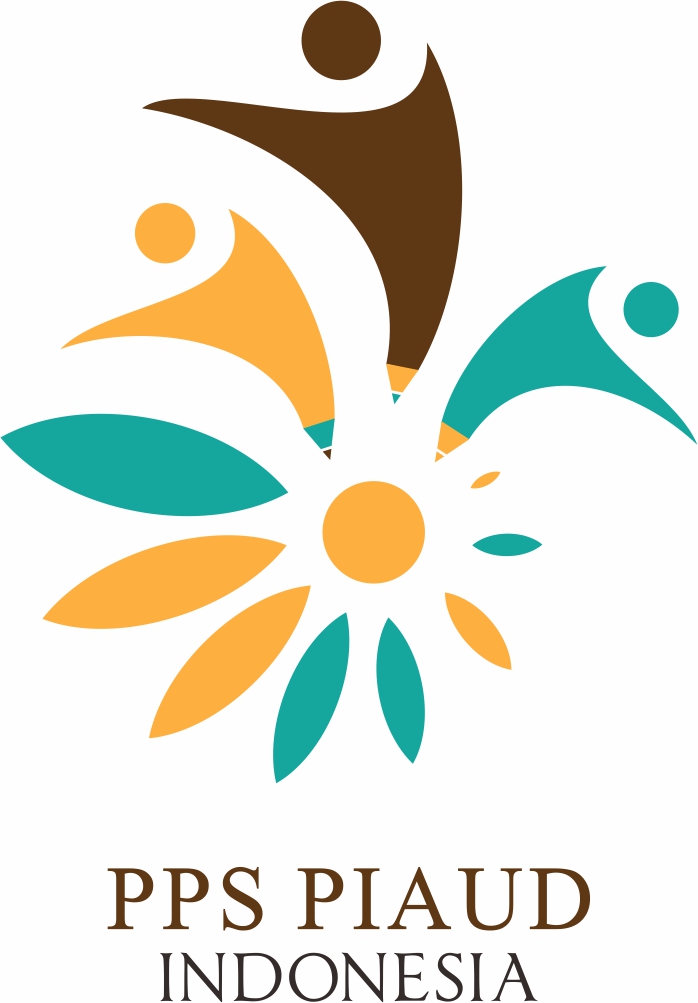BETWEEN SCREENS AND SUPERVISION: A SYSTEMATIC REVIEW OF PARENTAL AND TEACHER ROLES IN MANAGING TECHNOLOGY USE IN EARLY CHILDHOOD
Abstract
The application of digital technology in early childhood poses challenges in balancing educational benefits and potential risks. This study aims to systematically review the role of parents and teachers in guiding the use of technology by children aged 0–6 years. Using the PRISMA guidelines, 22 empirical studies and literature reviews from 2017–2025 were analysed through a thematic approach. Three main themes were identified: (1) analysing parental mediation strategies; (2) identifying the forms and effectiveness of collaboration between parents and teachers; (3) examining gadget management and screentime; (4) exploring the relationship between mediation strategies, parent collaboration and screentime regulation. The review highlights the importance of aligned collaboration between teachers and parents to foster healthy digital habits from an early age. This study recommends the development of integrated policies, professional training for teachers, and digital education for parents as strategic steps toward building a supportive technological environment for children.
Keywords
Full Text:
PDFReferences
Amalia, Isna, and Irfai Fathurrohman. 2022. "Analisis Kemampuan Literasi Matematika Ditinjau Dari Gaya Belajar Siswa SDN Mangunjiwan 1 Demak." Jurnal Riset Pendidikan Dasar 45-56.
Alia, T., & Irwansyah, I. (2018). Pendampingan orang tua pada anak usia dini dalam penggunaan teknologi digital [parent mentoring of young children in the use of digital technology]. Polyglot: jurnal ilmiah, 14(1), 65-78.
Asmayawati, A. (2023). Can Technology Initiate The Enhancement of Digital Literacy in Early Childhood? Evidence From Indonesia. International Journal of Current Science Research and Review, 6(11).
Choy, Y. N., Lau, E. Y. H., & Wu, D. (2024). Digital parenting and its impact on early childhood development: A scoping review. Education and Information Technologies, 29, 22147–22187.
Crescenzi, L., Grané, M., & Mena, J. (2019). Digital literacy for parents in the age of screens: An action research project. Comunicar, 27(59), 95–104.
Danby, S. et al. (2024). Teachers’ semiotic mediation in early childhood education and care. Frontiers in Psychology, 15, 1426165.
Donohue, C., & Schomburg, R. (2017). Technology and interactive media in early childhood programmes: What we’ve learnt from five years of research, policy, and practice. Young Children, 72(4), 72–78.
Fitzpatrick, C., Cristini, E., Bernard, J. Y., & Garon-Carrier, G. (2023). Meeting preschool screen time recommendations: which parental strategies matter? Frontiers in Psychology, 14, 1287396.
Gjelaj, M., Buza, K., Shatri, K., & Zabeli, N. (2020). Digital technologies in early childhood: Attitudes and practices of parents and teachers in Kosovo. International Journal of Instruction, 13(1), 165–184.
Latif, M. A., Amir, R., Marzuki, K., Gaffar, F., & Nurhayati, S. (2023). Kolaborasi strategis lembaga paud dan orang tua di era digital melalui program parenting. Jurnal Obsesi: Jurnal Pendidikan Anak Usia Dini, 7(3), 3169-3180.
Najmudin, M. F., Sardin, R., & Sulistiono, E. (2023). Parenting use of digital technology in preschool children by middle-class digital immigrant parents: A case study. Journal of Family Sciences, 8(2), 220–235.
Neumann, M. M. (2018). Using tablets and apps to enhance emergent literacy skills in young children. Early Childhood Research Quarterly, 42, 239–246.
Nurhayati, S., & Rosita, T. (2020, December). Positive Parenting Training Program Implementation to Increase Parents’ Emotional Intelligence in Raising Well Being Children. In 1st International Conference on Early Childhood Care Education and Parenting (ICECCEP 2019) (pp. 65-69). Atlantis Press.
Nikken, P., & Schols, M. (2015). How and why parents guide the media use of young children. Journal of Child and Family Studies, 24(11), 3423–3435.
O’Keeffe, G. S., & Clarke-Pearson, K. (2011). The impact of social media on children, adolescents, and families. Pediatrics, 127(4), 800–804.
Qadafi, M. (2019). Kolaborasi guru dan orang tua dalam mengembangkan aspek moral agama anak usia dini (Studi Di Ra Tiara Chandra Yogyakarta). Awlady: Jurnal Pendidikan Anak, 5(1), 1-19.
Shin, W., & Lwin, M. O. (2017). How does “talking about the Internet with others” affect teenagers’ experience of online risks?". New Media & Society, 19(7), 1109–1126.
Siregar, J. (2020). Kerjasama Guru Dan Orangtua Dalam Mengelola Strategi Pembelajaran Home Learning Masa Pandemi Covid 19 Di Paud Kasih Efrata Jatiasih Bekasi. Jurnal Dinamika Pendidikan, 13(3), 245-254.
Suharyat, Y., Nurhayati, S., Januliawati, D., Haryono, P., Muthi, I., & Zubaidi, M. (2023). Tantangan pemberdayaan orang tua dalam meningkatkan mutu layanan PAUD era digital. Jurnal Obsesi: Jurnal Pendidikan Anak Usia Dini, 7(1), 406-415.
Wiryany, D., Humaedi, M. A., Maulana, N. N., Muliawan, R. C., Aurenevia, S., & Sabila, K. (2022). Socialization of gadget monitoring in children. Inaba of Community Services Journal, 1(2), 75-81.
Wolf, S. (2020). “Me I don’t really discuss anything with them”: Parent and teacher perceptions of early childhood education and parent-teacher relationships in Ghana. International Journal of Educational Research, 99, 101525.
Yunita, E., Handayani, T., Fahmi, F., Oviyanti, F., & Murtopo, A. (2023). Dampak Penggunaan Gadget terhadap Perkembangan Bahasa Anak Usia Dini di Desa Tirtaharja Kecamatan Muara Sugihan. INNOVATIVE: Journal Of Social Science Research, 3(3), 8369-8378.
DOI: https://doi.org/10.15408/jece.v7i1.46646
Refbacks
- There are currently no refbacks.
Indexed by:
© Copyright CC-BY-SA JECE, p-ISSN: 2686-2492 e-ISSN: 2715-8918 |







